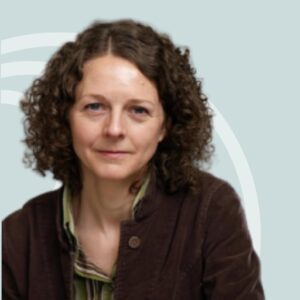 Professor Sue Burchill
Professor Sue Burchill
University of Leeds
Awarded: £116,374
Completed
The challenge
In healthy cells, certain molecules are tightly controlled so that cells only grow and divide when needed. In Ewing sarcoma, some of these molecules become overactive, causing the cells to grow and divide uncontrollably.
One key molecule involved is c-MYC, often described as a ‘cancer supercontroller. It is important for cancer cell survival as it switches on lots of genes, which makes cells grow.
If c-MYC could be ‘switched off’, it could help stop Ewing sarcoma from progressing or returning. Unfortunately, c-MYC is has an unstable structure that makes it difficult to target with drugs.
How did this project tackle this challenge?
For the first time in Ewing sarcoma, Professor Burchill and her team, including PhD student Molly McNae, showed that c-MYC interacts with another molecule called Aurora Kinase A.
The team found that blocking Aurora Kinase A with drugs known as Aurora Kinase inhibitors can prevent this interaction. This stopped the cells from growing and caused the cells to die.
What this means for people affected by sarcoma
The findings reveal a potential new way to stop Ewing sarcoma cells from growing, by targeting Aurora Kinase A.
Drugs that target and block Aurora Kinase are already in early clinical trials for other cancers, so there is potential for them to be repurposed for Ewing sarcoma in the future.
Further research is needed to confirm these results in more models of Ewing’s sarcoma. If successful, it could open the door to a promising new treatment option.
If c-MYC could be switched off, this would reverse progression and relapse of cancer in patients.









